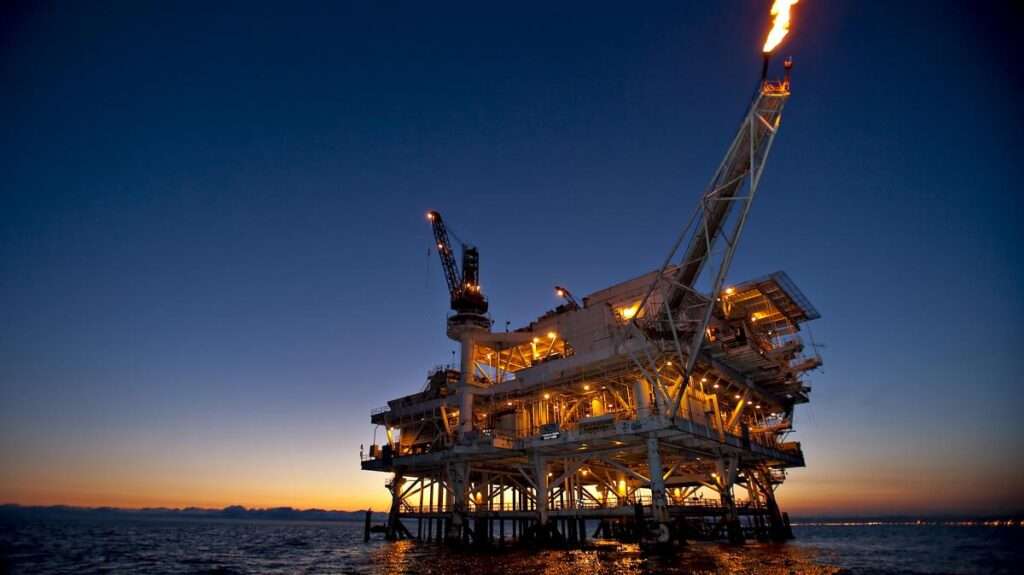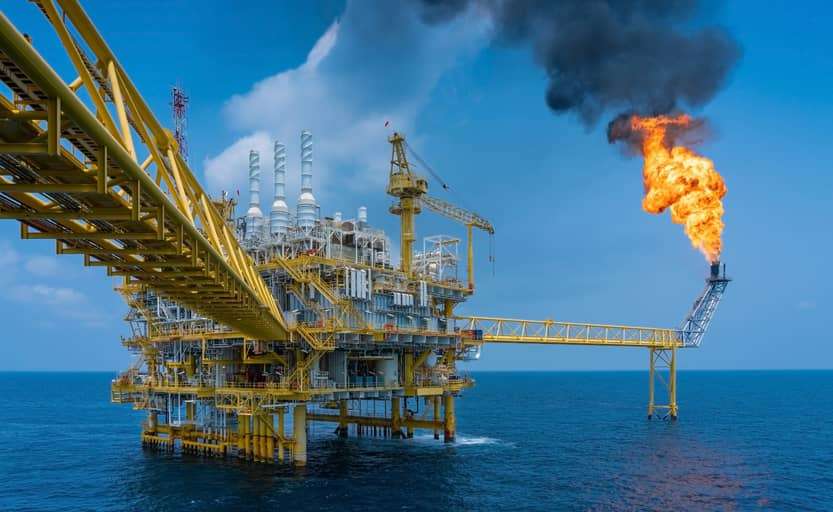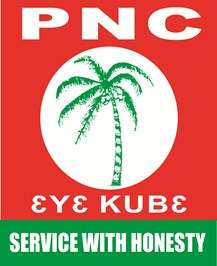BP’s profit hit $8.45 billion (£6.9 billion), reflecting more than triple the amount it made in the same period last year. This represented the underlying replacement cost profit, which excludes one-time items and fluctuations in the value of inventories.
Like peers, the company managed to capture the benefit of high energy prices translated into the second highest figure in the firm’s history. In its second quarter results presented today, BP said its net debt has fallen for the ninth quarter in a row and announced a further $3.5 billion share buyback.
The soaring earnings allowed BP to return billions of dollars to shareholders, with the company boosting its dividend by 10 per cent and announcing that it would buy back $3.5 billion in shares. BP said it expects to increase dividends by about 4 per cent annually through 2025.

BP shareholders Earn big but Consumers Suffer
However, the good news for BP shareholders was bad news for consumers as soaring energy prices contribute to the cost-of-living crisis happening around the world.
Following the announcement, UK’s Climate Change Minister Kerry McCarthy said those struggling with the rising cost of living will find it “quite shocking” that BP has reported that profit.
Mentioning the similar profits announced by Shell and Centrica, Ms McCarthy said:
“It is clearly a pattern they are doing very well out of this situation. And yet we’ve got this cost of living crisis and it’s quite scary the extent to which bills are predicted to go up.”
Ms McCarthy
Jamie Maddock, Equity Research Analyst at the investment management firm Quilter Cheviot, said:
“While the buyback was lifted as it was for peers, it was the dividend increase that most unexpectedly surprised, as bp elected to raise it 10% or above the long-run guidance growth rate.
“Profitability was such that while the dividend was hiked and the third quarter buybacks was increased, debt reduction also continued apace.”
Jamie Maddock
BP said the windfall profits tax would increase the headline tax rate on its North Sea operations to 65 per cent from 40 per cent. The company said it plans to set aside $800 million to cover the tax increase.
BP said it received an average of $105.50 per barrel for its oil in the second quarter, up 71 per cent from a year earlier. Gas more than doubled to $8.42 per thousand cubic feet. Second quarter net income rose to $9.26 billion from $3.12 billion a year earlier.
Bernard Looney, BP’s Chief Executive Officer, said:
“Today’s results show that BP continues to perform while transforming. Our people have continued to work hard throughout the quarter helping to solve the energy trilemma – secure, affordable and lower carbon energy.
“We do this by providing the oil and gas the world needs today– while at the same time, investing to accelerate the energy transition.”
Bernard Looney
Read Also: Downward Revision of Oil Production Signal ‘Struggling’ Sector





















